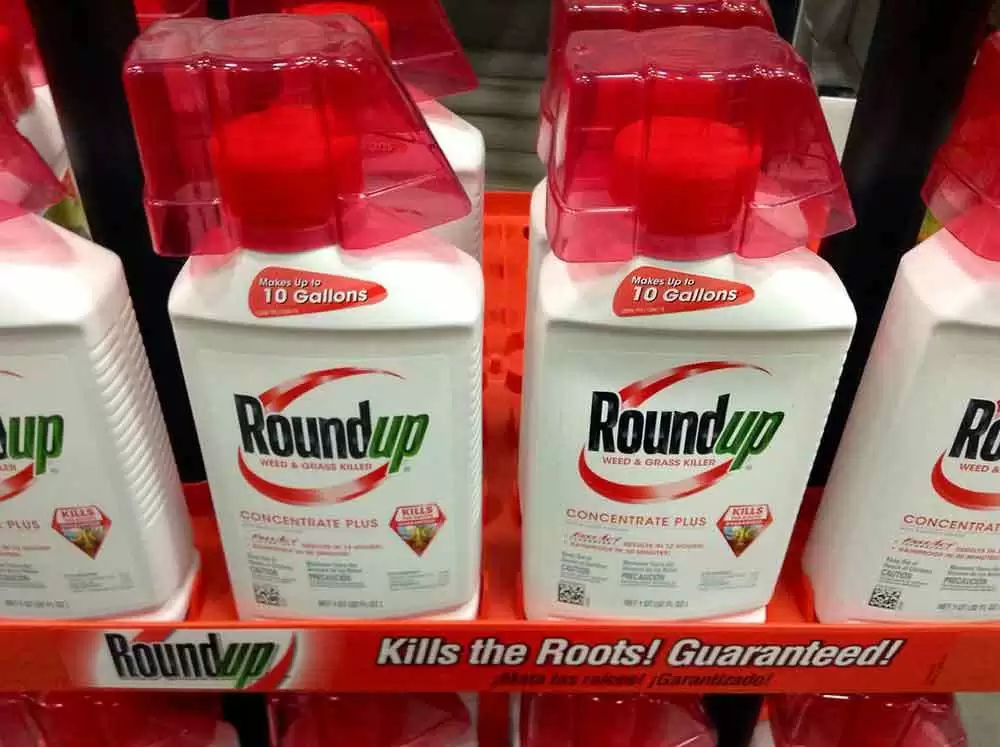
Celiac.com 12/07/2020 - A team of researchers has established the first bioinformatics method to determine and test the potential biological sensitivity of living organisms to glyphosate, the chemical in the herbicide commercially marketed as Roundup. Their research shows that glyphosate may negatively affect more than half of bacteria strains that make up the human gut microbiome.
The research team included Lyydia Leinoa,Tuomas Talla, Marjo Helandera, Irma Saloniemia, Kari Saikkonen, Suvi Ruuskanena, and Pere Puigbòacd. They are variously affiliated with the Department of Biology, University of Turku, Turku, Finland, the Biodiversity Unit, University of Turku, Finland, the Nutrition and Health Unit, Eurecat Technology Centre of Catalonia, Reus, Catalonia, Spain, and the Department of Biochemistry and Biotechnology, Rovira i Virgili University, Tarragona, Catalonia, Spain.
Celiac.com Sponsor (A12):
The team managed to identify the enzyme targeted by the broad-spectrum herbicide, glyphosate, and offers the first bioinformatics method for determining potential glyphosate sensitivity.
Glyphosate targets an enzyme called 5-enolpyruvylshikimate-3-phosphate synthase (EPSPS) in the shikimate pathway, which synthesizes three essential aromatic amino acids (phenylalanine, tyrosine and tryptophan) in plants.
"Based on the structure of the EPSPS enzyme, we are able to classify 80-90% of microbial species into sensitive or resistant to glyphosate," says Docent Pere Puigbò, developer of the new bioinformatics tool.
Glyphosate has been regarded as safe to use because shikimate pathway is found only in plants, fungi and bacteria. However, the widespread use of glyphosate may reduce the diversity and composition of microbial communities, including the human gut microbiome.
The team's new method has allowed them to create a dataset of EPSPS sequences from thousands of species that will enable major research advances. The method resulted in the classification of sequences from nearly 90% of eukaryotes and more than 80% of prokaryotes.
Analysis made with the team's new bioinformatics tool shows that more than half of the human core gut bacterial species are potentially sensitive to glyphosate.
"This groundbreaking study provides tools for further studies to determine the actual impact of glyphosate on human and animal gut microbiota and thus to their health," explains Docent Marjo Helander.
Read more at the Journal of Hazardous Materials








Recommended Comments
Create an account or sign in to comment
You need to be a member in order to leave a comment
Create an account
Sign up for a new account in our community. It's easy!
Register a new accountSign in
Already have an account? Sign in here.
Sign In Now